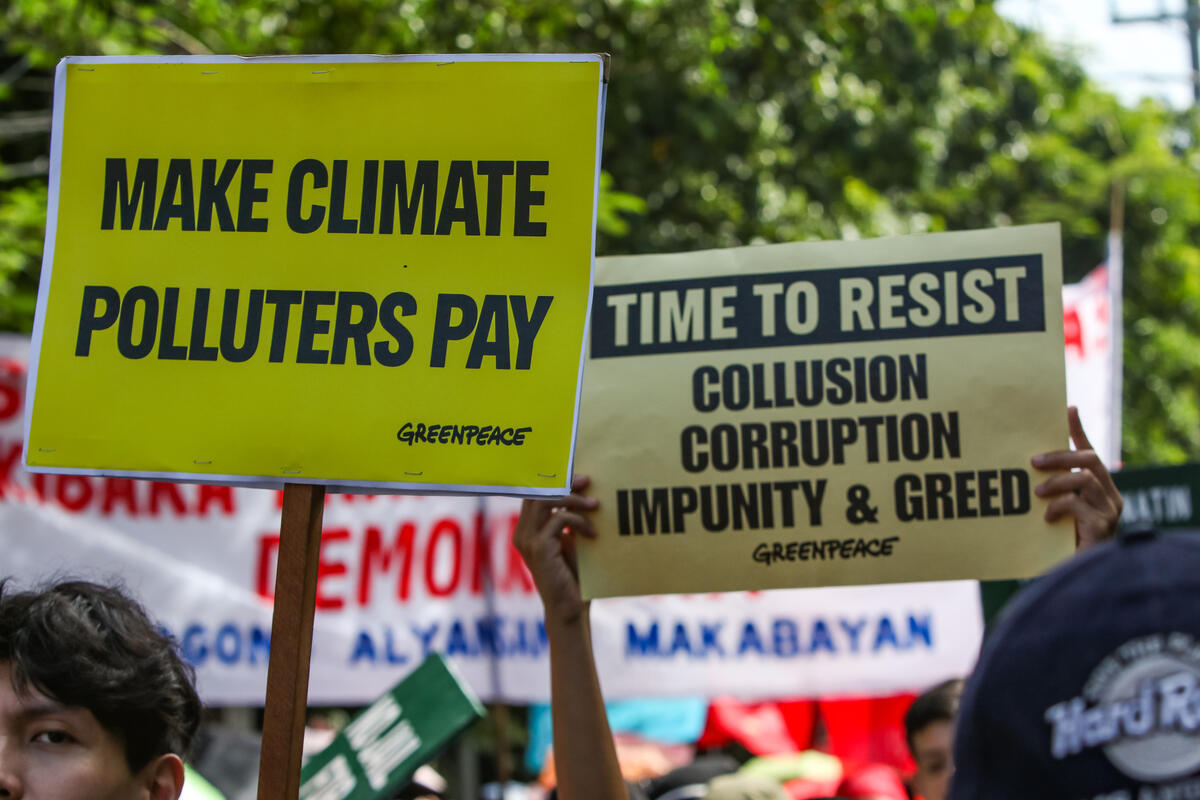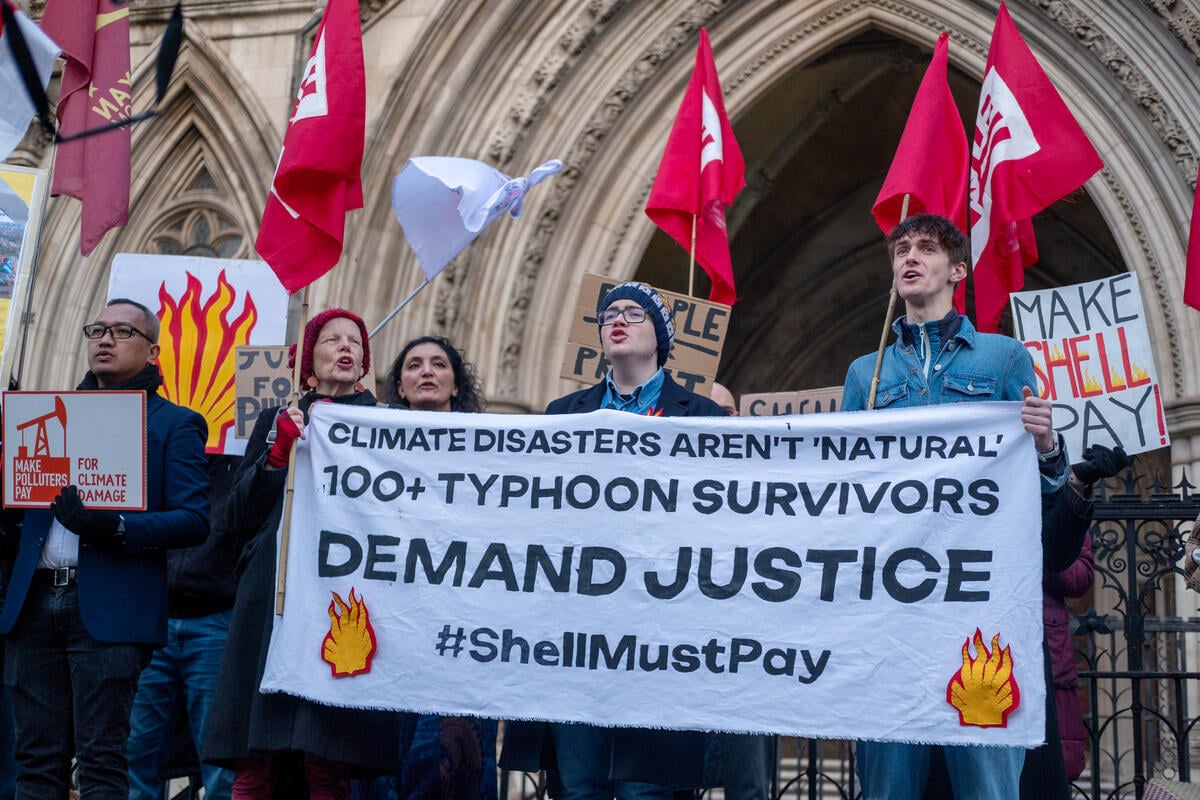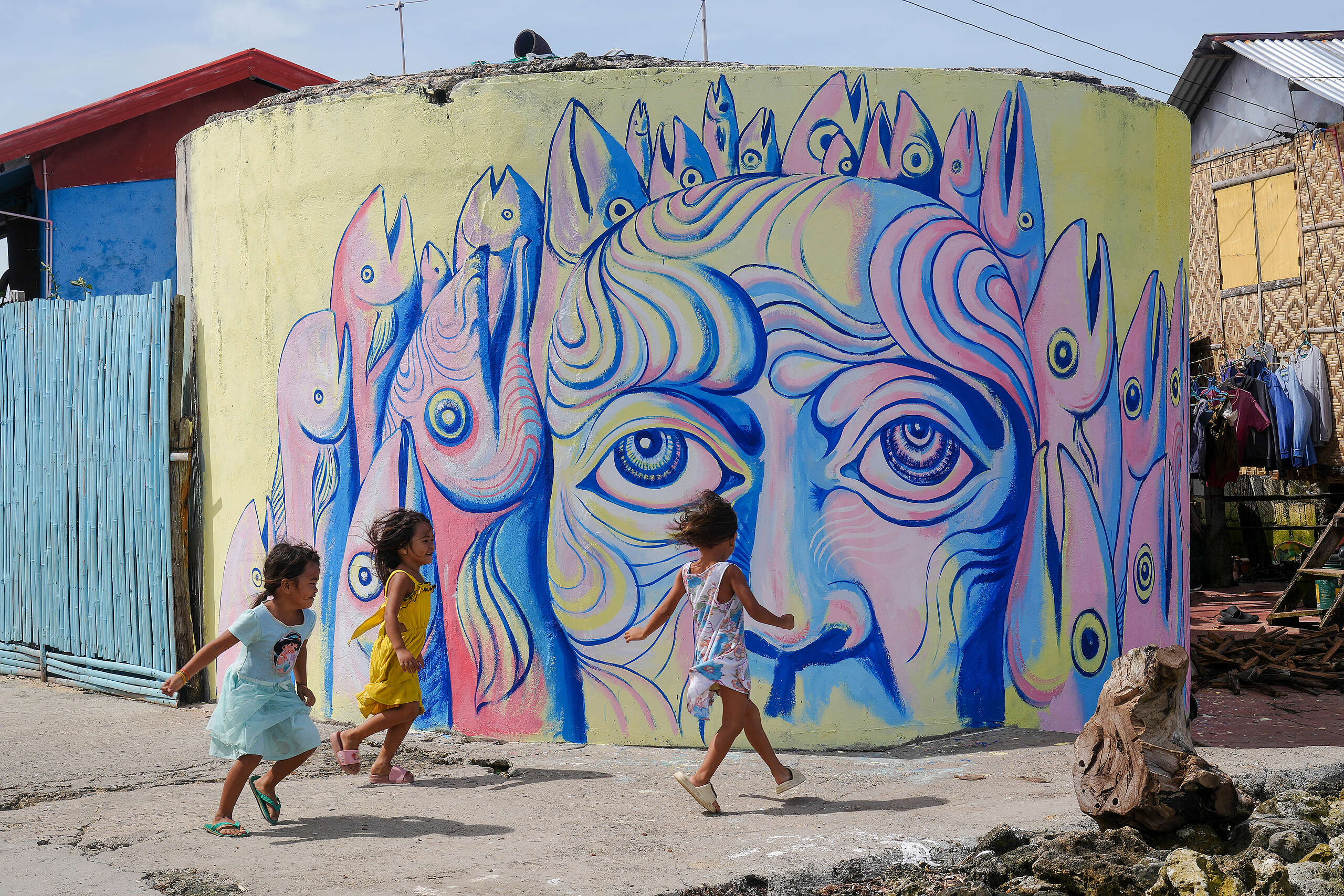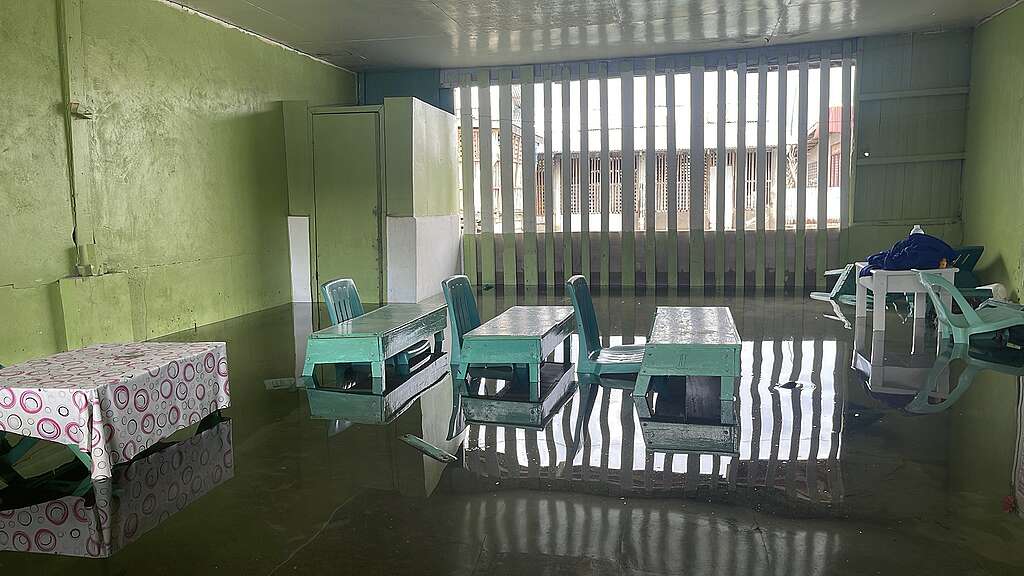
In Batasan, a small island in Bohol, there’s a classroom that floods at high tide.
No storm. No warning. Just the tide, arriving like a ghost that knows its way in.
It seeps through the cracks in the concrete, collects beneath plastic chairs, and wraps itself around the feet of children trying to sound out vowels. The water doesn’t knock. It doesn’t ask for permission. It comes because it always has, and it always will.
No one panics.
They’ve seen it before, and they’ll see it again.
It isn’t treated like a disaster. It’s treated like an item pencilled into the schedule, part of the school day – that’s the real disaster.
We live in a country where children are expected to learn inside rooms that are slowly being reclaimed by the sea, not during an emergency but during regular class hours. Few people are losing sleep over it, much less people in power. There’s no breaking news, no mobilized task force, no viral outcry. Just another island community adjusting its posture around a reality others would find intolerable.
What does that tell us?
It tells us that inequality in the Philippines and in the global context isn’t just about who has money. It’s about whose suffering has been normalized. Whose classrooms are allowed to flood, whose futures are allowed to be interrupted, and whose cries can be met with silence.
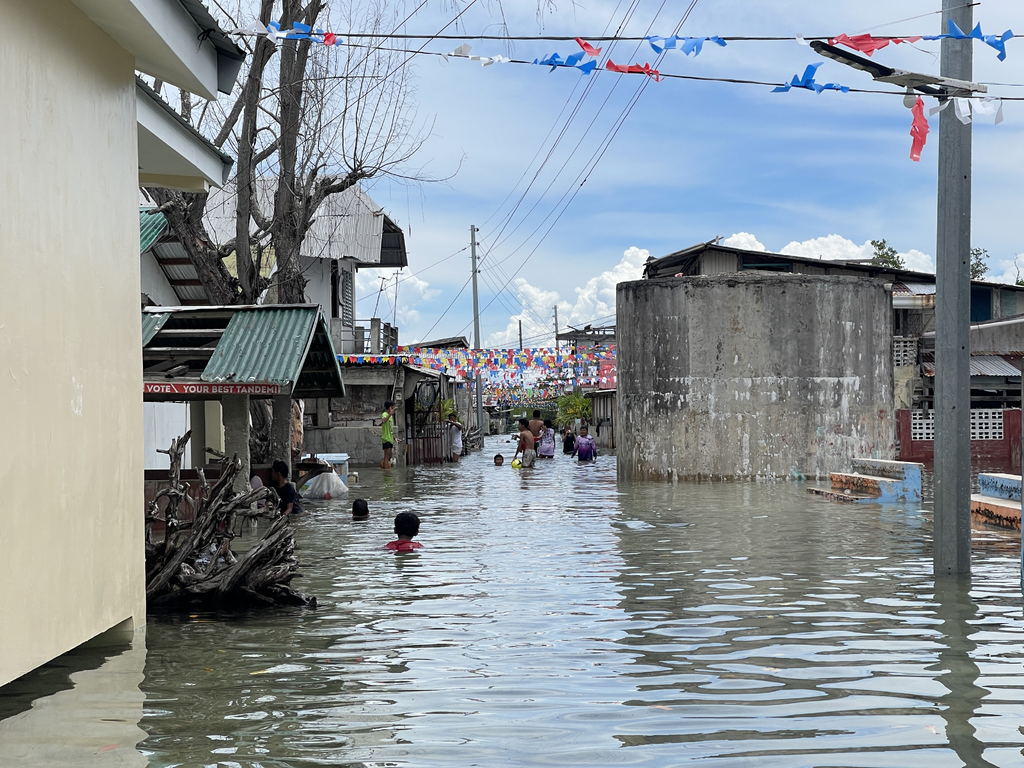
The Philippine Atmospheric, Geophysical and Astronomical Services Administration (PAGASA) reports that sea levels in the Philippines are rising at a rate of 5.7 to 7.0 millimeters per year, which is approximately double the highest global average rate of 2.8 to 3.6 millimeters per year. The children in Batasan aren’t just surrounded by the sea but have already become a part of it. And yet, our developmental frameworks still prioritize broadband speed and skyscrapers over seawalls and school repairs.
This is also not about weather anymore. This is about systems and how systems abandon people long before disasters arrive.
Batasan, like many island barangays, sits in a blind spot. Too small for national coverage, too remote for immediate aid and outrage from the rest of us. The residents have learned not to wait for help. They’ve learned to build lives around the absence of support.
And some have the gall to call that resilience. But let’s be honest: This isn’t resilience. This is adaptation forced by neglect.
When a child grows up thinking that a flooded classroom is just part of school life, then those in power haven’t just failed them logistically, but rather, failed them morally and philosophically.
How do we help Batasan? Or perhaps the question is whether we’ve decided it’s acceptable for us to let Batasan sink quietly. Whether we’re okay with some children sitting in clean, air-conditioned rooms, while others memorize multiplication tables with their ankles dipped in saltwater.
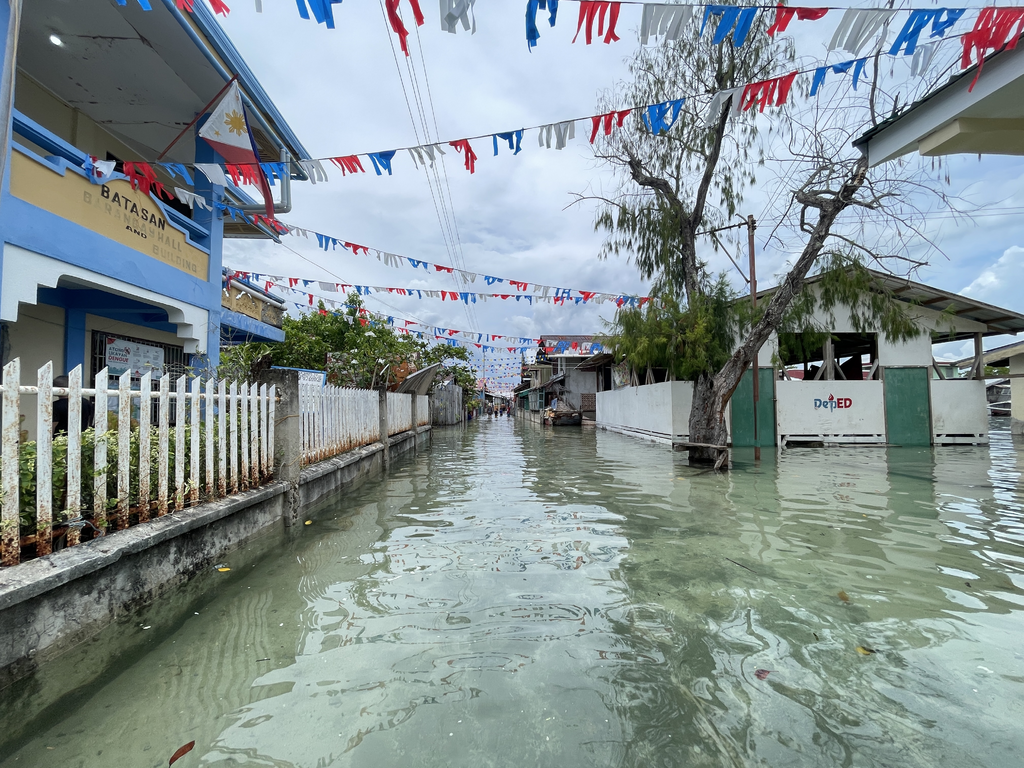
When a nation learns to tolerate injustice in silence, it teaches the next generation how to disappear quietly, how to vanish with dignity. However, dignity alone isn’t a solution; it’s often just the last thing people cling to before they are forgotten. And that reality should make us angry.
In the end, the problem goes beyond environmental. It’s rooted in structural decisions like how budgets are allocated, which priorities are upheld, and who is consistently left to survive in the margins while others remain complacent or keep pretending we are all making progress.
Genuine progress towards climate justice is possible if we are willing to think differently, build differently, and finally, listen. Classrooms do not have to keep flooding, and silence doesn’t have to be the only thing passed onto the next generation.
Charles Zander Deluna is a student and youth climate activist from Bohol. He is a volunteer for Greenpeace Philippines and has been involved in different climate campaigns and community work. His interest in climate action started after experiencing the impacts of Super Typhoon Odette (Rai), which inspired him to help protect the environment and support vulnerable communities.
You might want to check out Greenpeace Philippines’ petition called Courage for Climate, a drive in support of real policy and legal solutions in the pursuit of climate justice.
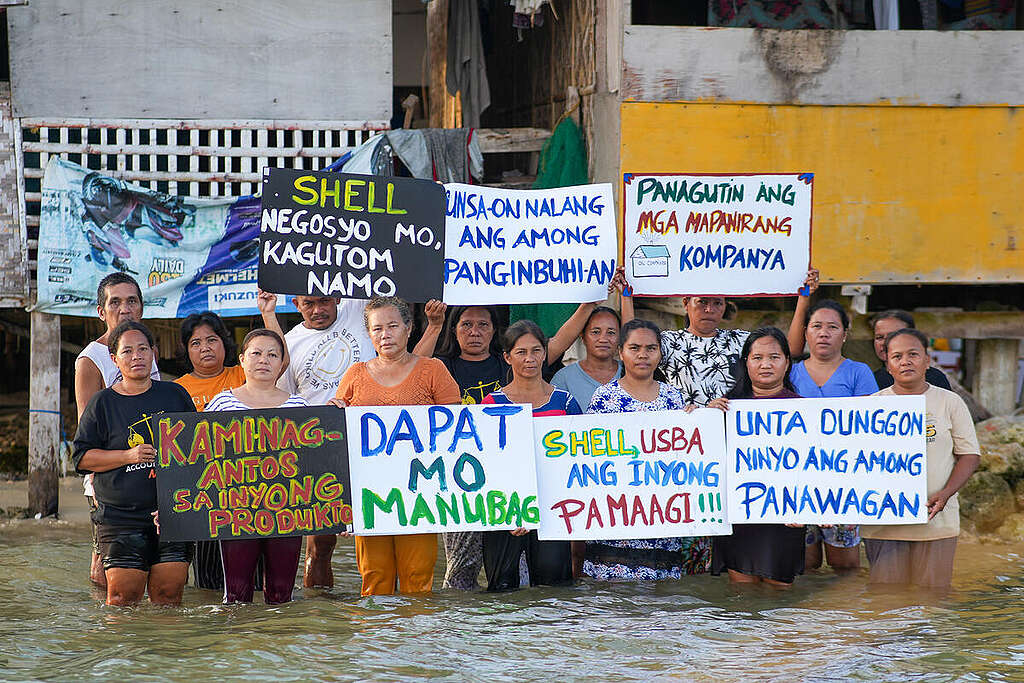
The climate crisis may seem hopeless, but now is the time for courage, not despair. Join Filipino communities taking bold action for our planet.
Make an Act of Courage Today!
